Maximise your life’s experiences, by emptying your bank balance.

Die with zero by Bill Perkins might be my favourite personal finance book so far, though it is more rich with wisdom of life advice than how to make money. The premise is, similar to the Four hour work week (by Tim Ferriss) too many of us defer our best life experiences to later in life. Perkins describes how best to utilise money to facilitate the opposite: maximise happy experiences early in life.
The key message is about making active choices on how to spend time and money within the context of being aware of our death. In general, this means spending more money when younger. Spend money to have experiences. Have these experiences earlier in life. Don’t wait to do it all when you retire as anything could happen before then. If you have zero in your bank at the time when you die, and have got the most positive experiences from your money, then that is the maximum efficiency in money.
Key points:
- Life happiness is the sum of your experiences – over your entire life course
- Experiences that have already happened are in your memory bank, whereas experiences you plan (next week, next year, or in 5-20 years) may never come through
- Need to carefully weigh what you do and when, including how much you spend/save at different phases in life.
- Not all phases of life are equal, particularly in terms of physical health
- Therefore, money has differential utility
- In general, money is more useful when young, or when you can have experiences with your kids
- Do not want to get caught slaving away to save all your life only to find you never enjoy yourself: either by working long hours and missing out on things (e.g. weekends with family, bedtimes with kids) or ‘deferring’ enjoyment until retirement
- Western culture is currently too far towards that extreme
- Early investment in life experiences so pays dividends as memories
- Aim to ‘die with zero’ = maximise your use of money so you don’t waste life energy or miss experiences
- You can use the theoretical longest you’d live to calculate how much to spend (or save) so you have left (using life expectancy calculators)
- If you have a pension, then additionally saving for your retirement is probably not the best use of money as most peoples costs go down when they retire
- So most people overestimate how much they will spend in retirement, because we physically slow down and therefore can do less than we anticipate
- In order to do all this, you must be aware of your own death.
- Due to negative compounding, health is single biggest factor in how much life fulfilment you can extract
- Phases of life gradually fade away without clear signals, and therefore opportunity for certain experiences
- It may be gone before you realise it
- [Similar to ‘the days are long but the years are short’ – by Gretchin Rubin]
- Time carefully who you give money to, how old they will be (when they get it), and how much you want to give
- Generally best to give when they are 25-35 years, also when you can extract most pleasure from money
- Think carefully about when you want your peak value to be and use this as a date, rather than an amount
- Peak value = when money means the most to you in how it can be converted to experiences
- Consider asymmetric risk, especially when young, as long term risk is minimised
- Trying something out when young, that fails, still has opportunity to have another go or come back from it
More books like this:
- The Almanack of Naval Ravikant by Eric Jorgenson
- The psychology of money by Morgan Housel
- The four hour work week by Tim Ferriss
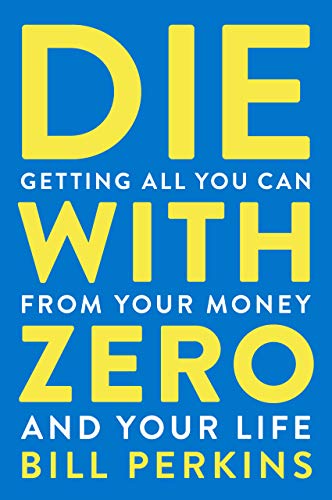
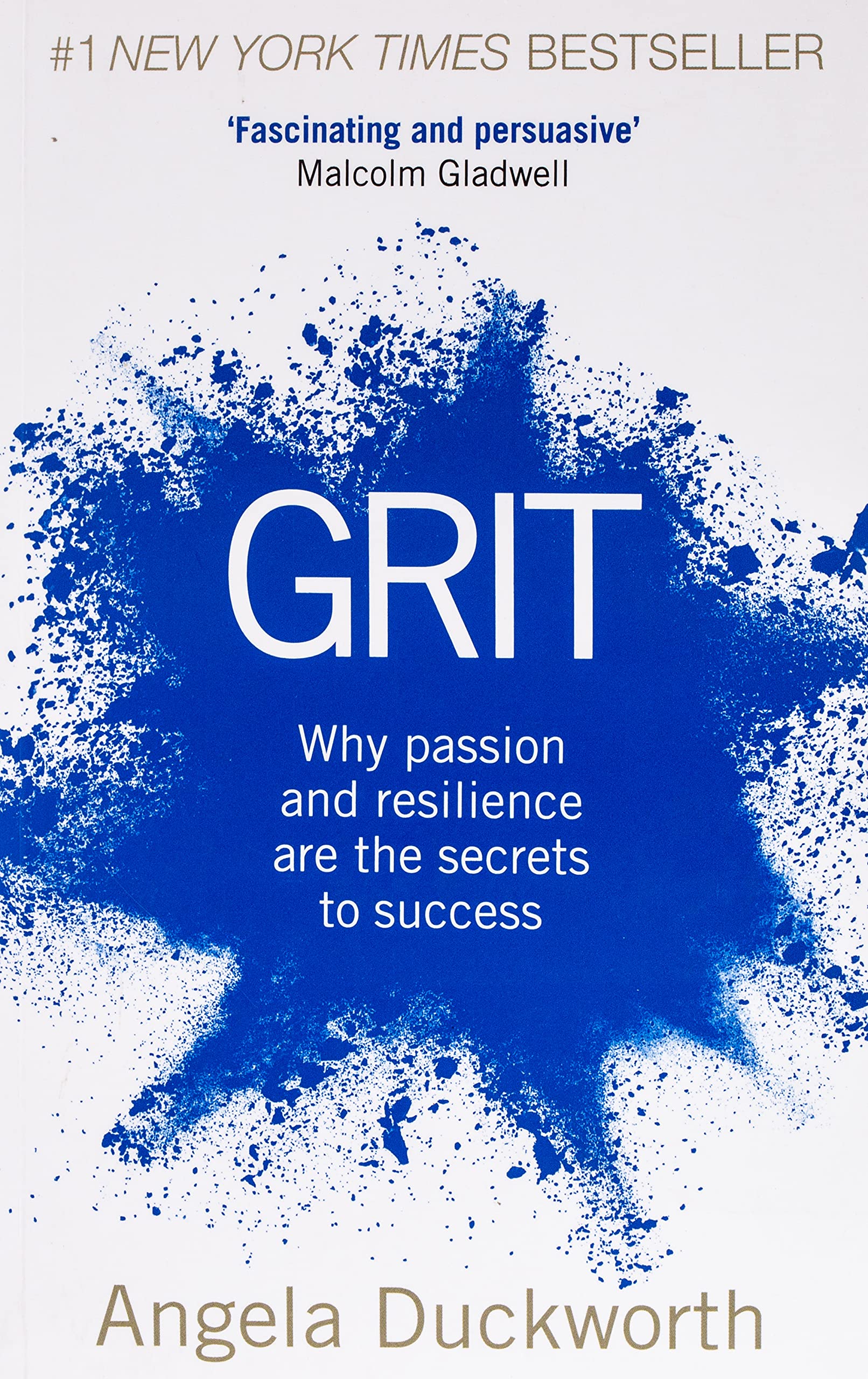
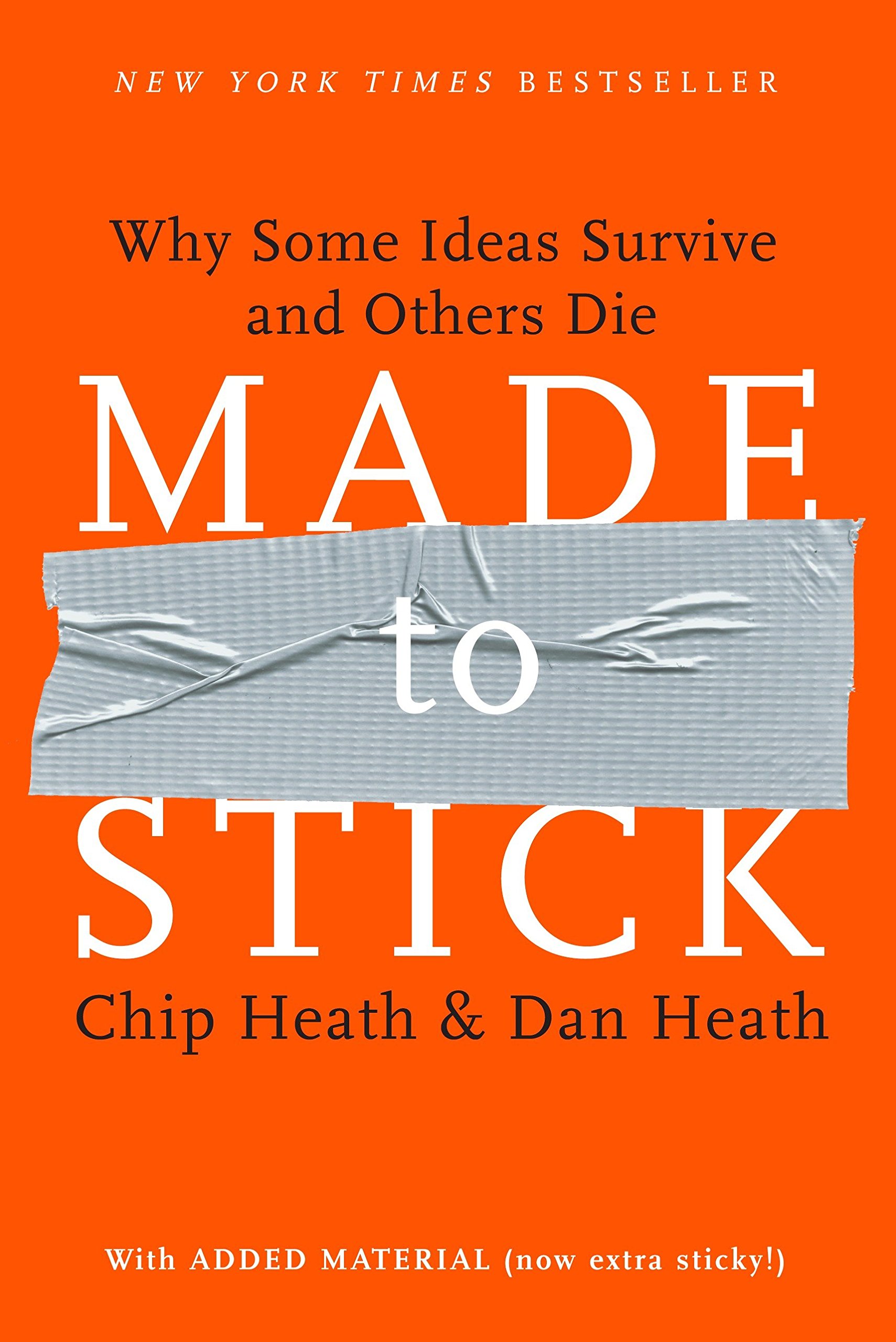
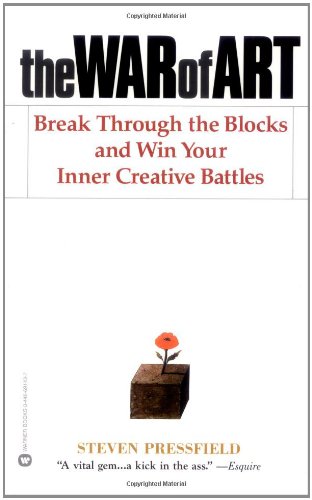
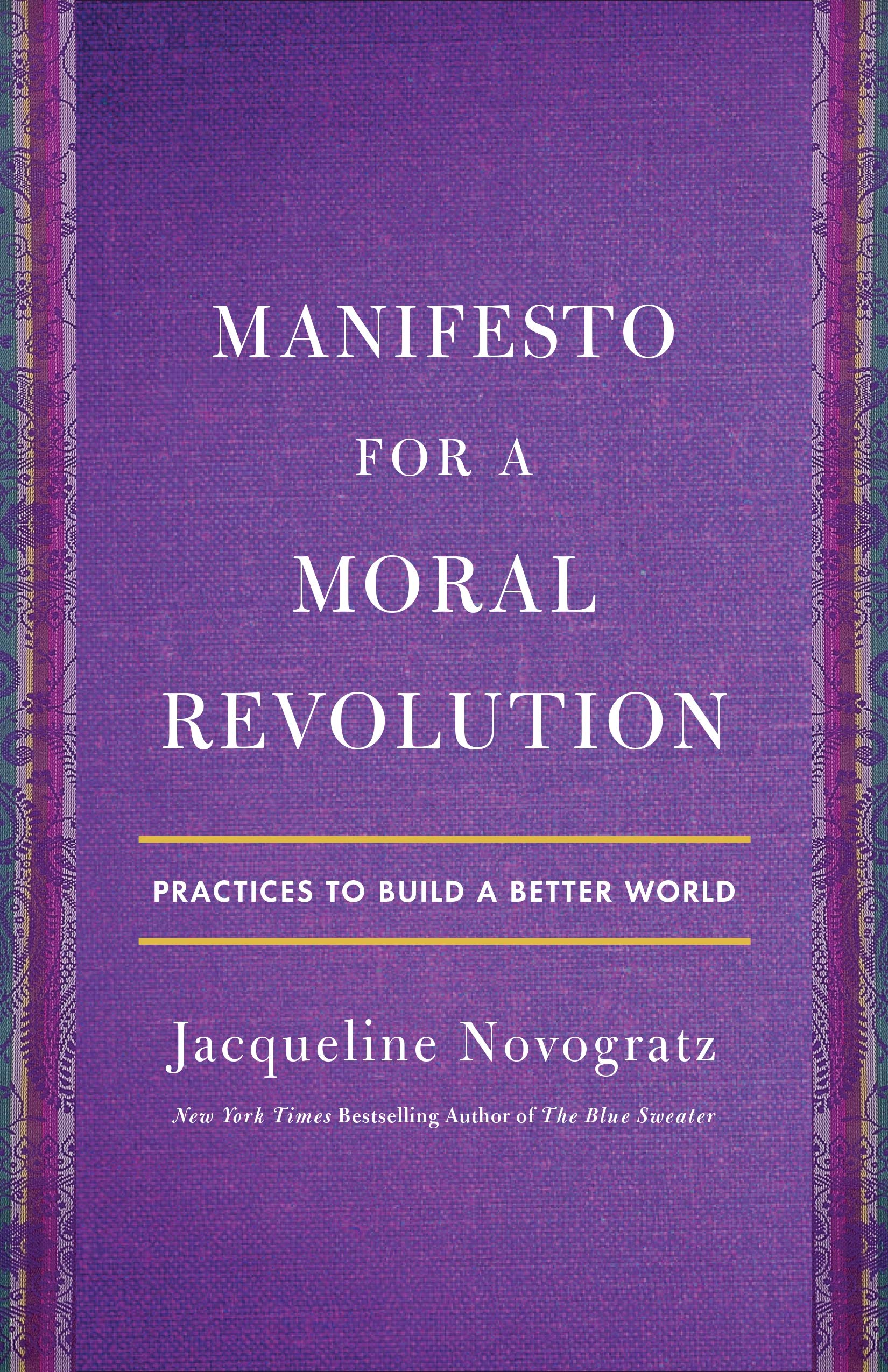
One thought on “Die with zero by Bill Perkins”
Comments are closed.